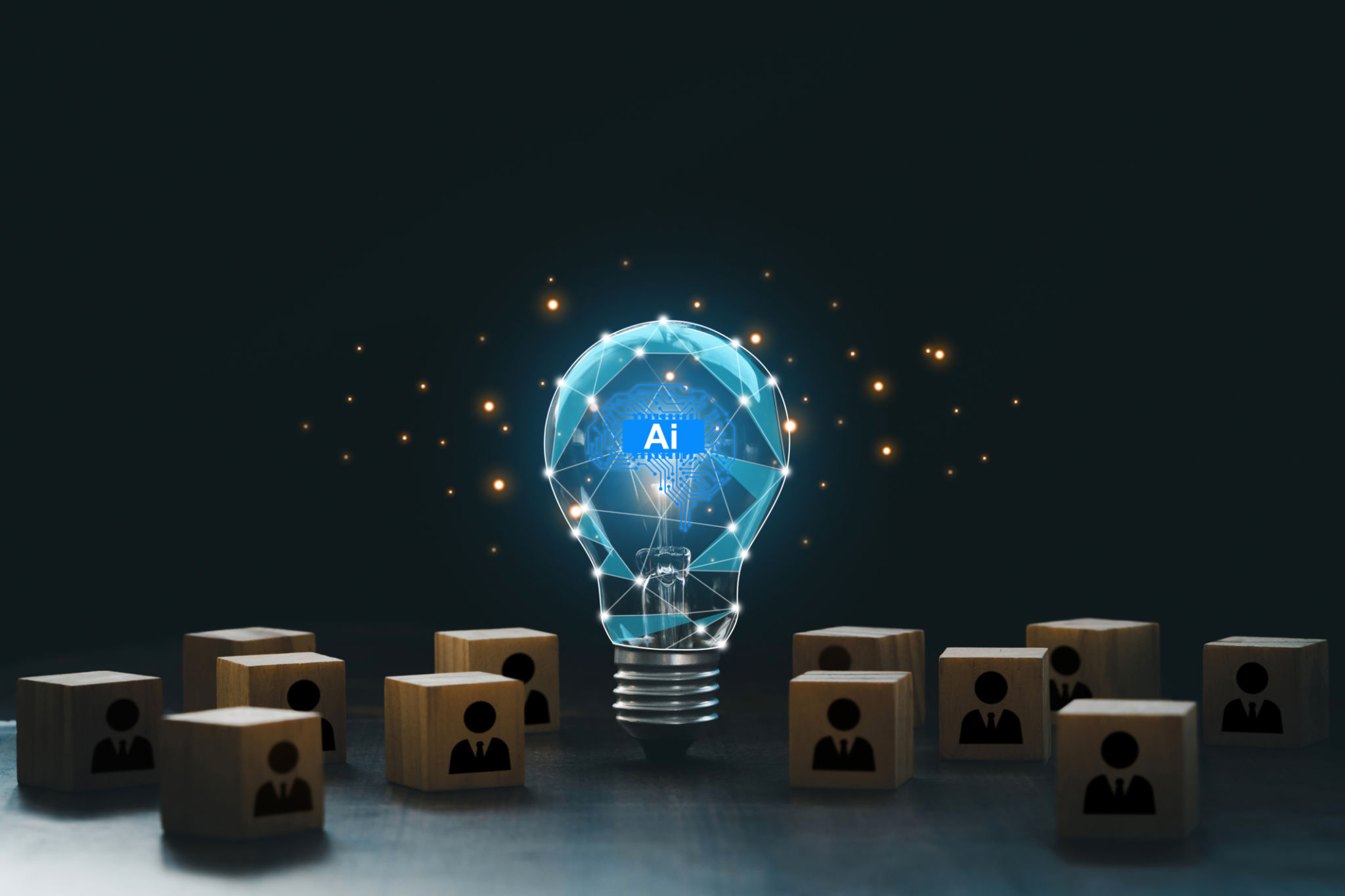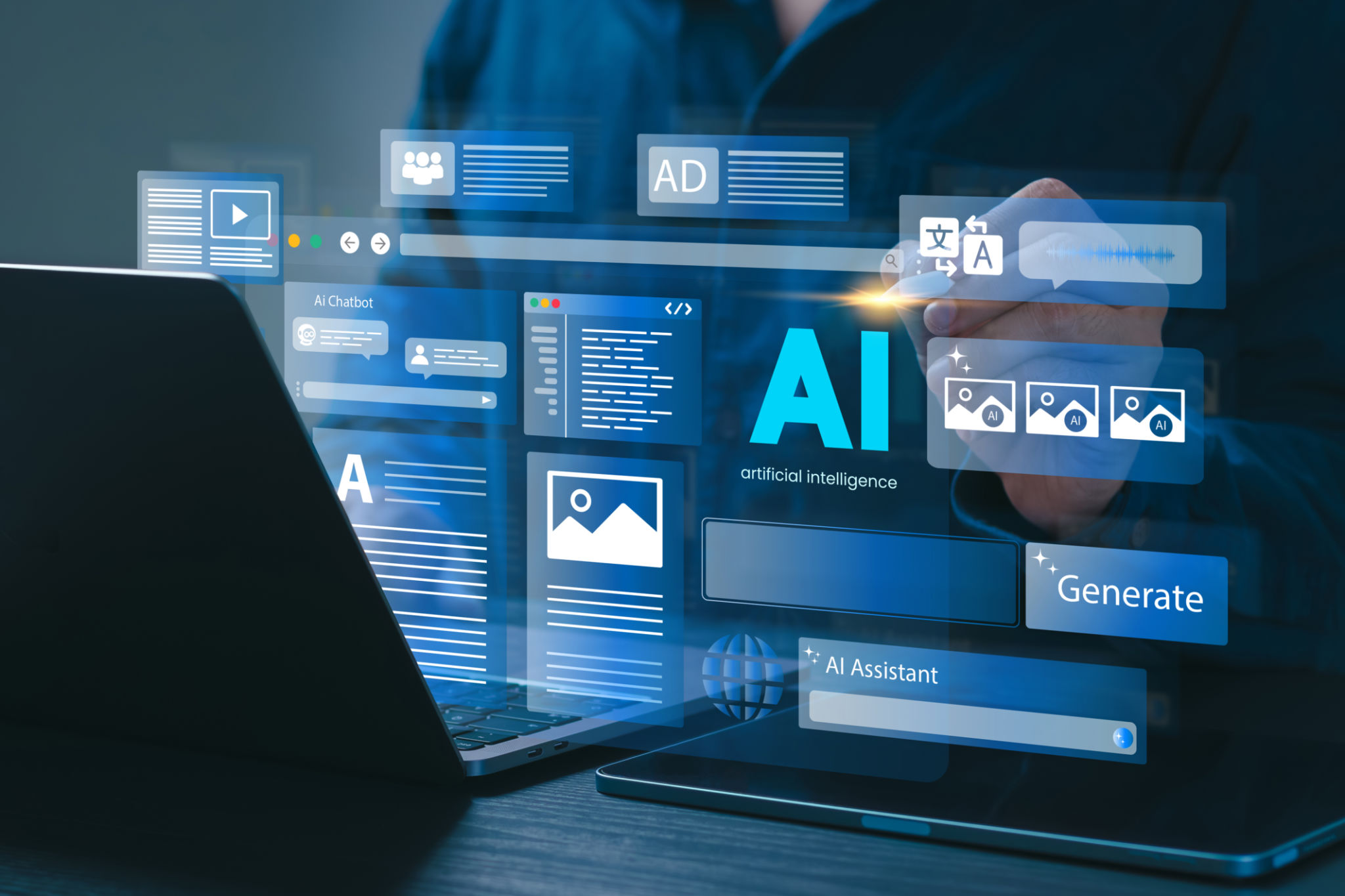The Future of Marketing: Leveraging AI for Campaign Success
Introduction to AI in Marketing
The future of marketing is poised for a revolutionary transformation with the integration of Artificial Intelligence (AI). As businesses strive to maintain a competitive edge, leveraging AI for campaign success is becoming increasingly essential. AI not only streamlines marketing processes but also enhances personalization and customer engagement, leading to more effective campaigns.
Today’s consumers demand personalized experiences, and AI provides the tools necessary to meet these expectations. From data analysis to content creation, AI is reshaping how marketers approach their strategies.

Enhancing Customer Insights
One of the most significant advantages of using AI in marketing is its ability to process vast amounts of data quickly and accurately. This capability enables marketers to gain deeper insights into customer behaviors and preferences. By analyzing patterns in data, AI can predict future trends and assist in creating targeted marketing strategies.
AI-driven analytics tools can segment audiences more precisely, ensuring that marketing messages reach the right people at the right time. This level of precision not only improves conversion rates but also enhances customer satisfaction by providing relevant content.
Personalized Customer Experiences
AI technology is redefining personalization in marketing. By utilizing machine learning algorithms, AI can tailor experiences to individual customers, offering recommendations that align with their past behaviors and preferences. This personalized approach fosters a stronger connection between brands and consumers.

For instance, AI can power chatbots that offer real-time customer support based on previous interactions, creating a seamless and efficient user experience. Personalization through AI not only boosts engagement but also builds brand loyalty.
Automating Content Creation
Content creation is another area where AI is making a significant impact. With AI-powered tools, marketers can automate the generation of various content types, from social media posts to blog articles. This automation not only saves time but ensures consistency across all marketing channels.
Moreover, AI can analyze which types of content are performing well and adjust strategies accordingly. This data-driven approach allows marketers to focus on crafting compelling narratives that resonate with their target audience.

Optimizing Marketing Campaigns
AI excels at optimizing marketing campaigns through continuous analysis and adjustment. By monitoring campaign performance in real-time, AI tools can suggest changes or automatically tweak elements like ad placements and bidding strategies for improved results.
- AI-driven A/B testing can identify which campaign elements are most effective.
- Predictive analytics can forecast campaign outcomes based on historical data.
This level of optimization ensures that marketing budgets are used efficiently, maximizing return on investment (ROI).
The Future of AI in Marketing
As AI technology continues to evolve, its role in marketing will expand further. Future advancements may include even more sophisticated predictive capabilities, deeper integration with Internet of Things (IoT) devices, and enhanced virtual reality experiences.
Marketers who embrace these innovations will be well-equipped to create campaigns that not only capture attention but also deliver measurable results. The future of marketing is undoubtedly intertwined with the development of AI technologies.

Conclusion
The integration of AI in marketing strategies is no longer a futuristic concept but a present-day necessity. By harnessing the power of AI, marketers can enhance customer insights, personalize experiences, automate content creation, and optimize campaigns for unprecedented success.
As businesses continue to adapt to an ever-changing digital landscape, leveraging AI will be crucial in staying ahead of the curve and meeting the demands of modern consumers. Embracing this technology will not only drive campaign success but also pave the way for a more innovative and efficient marketing future.